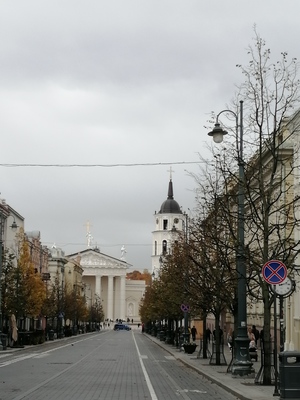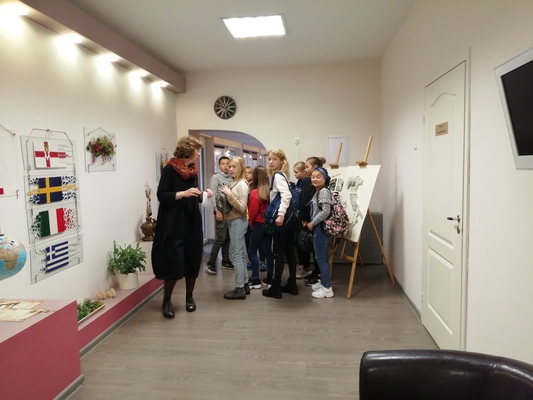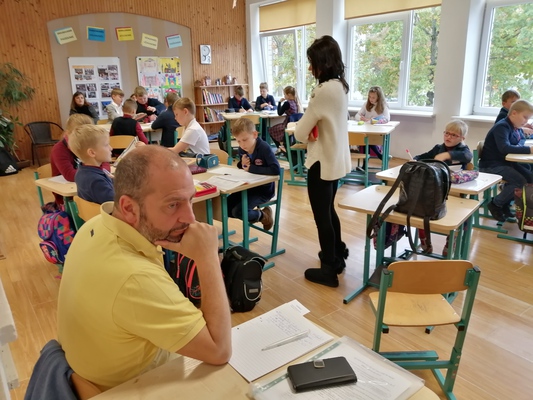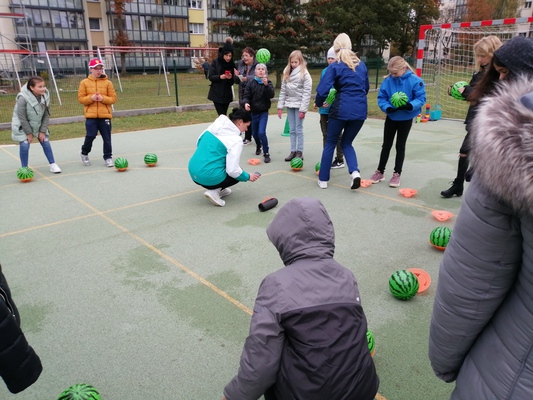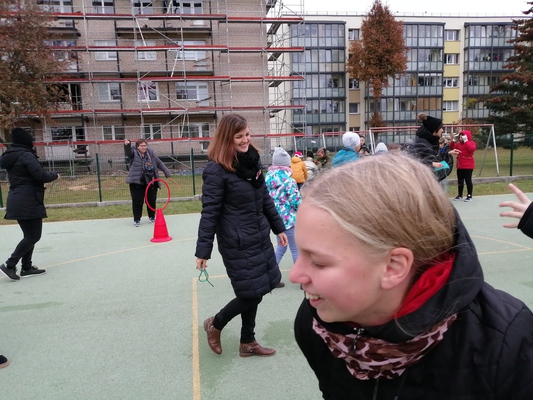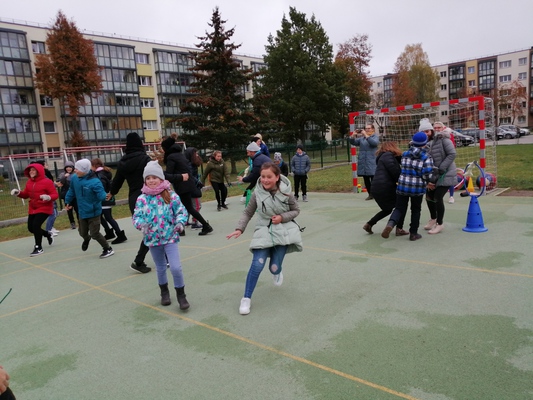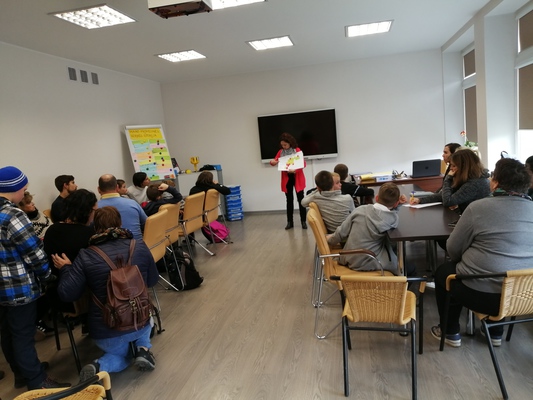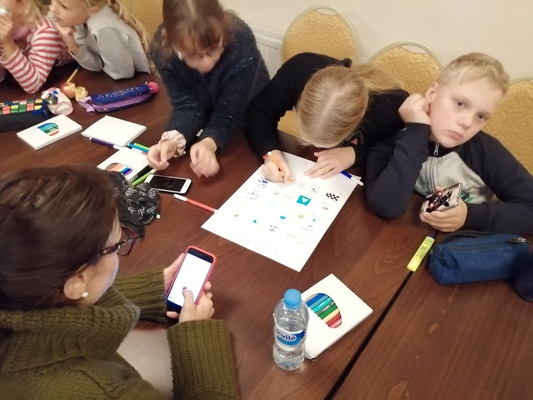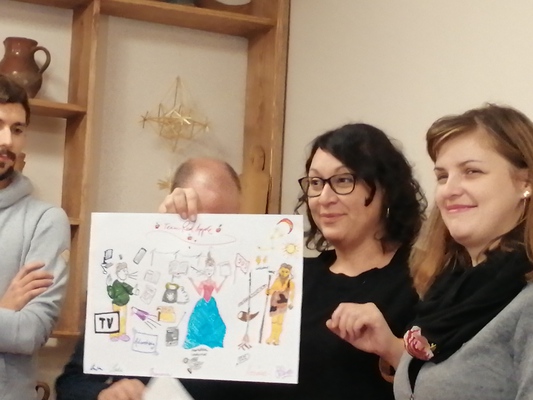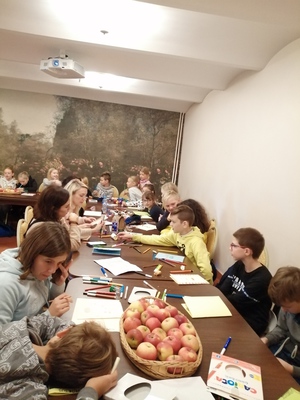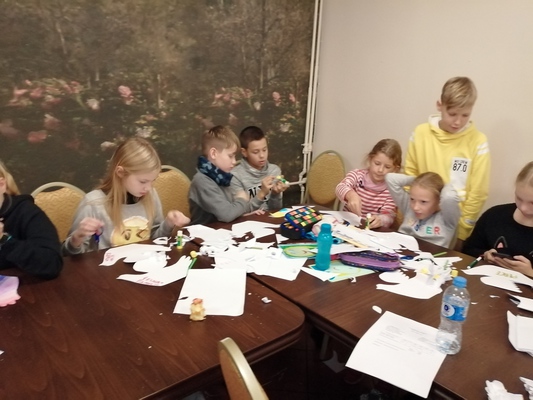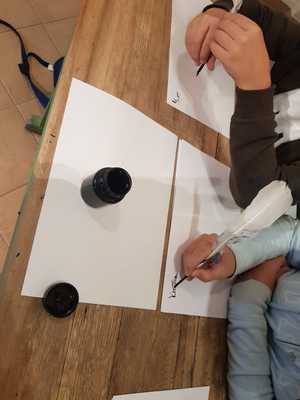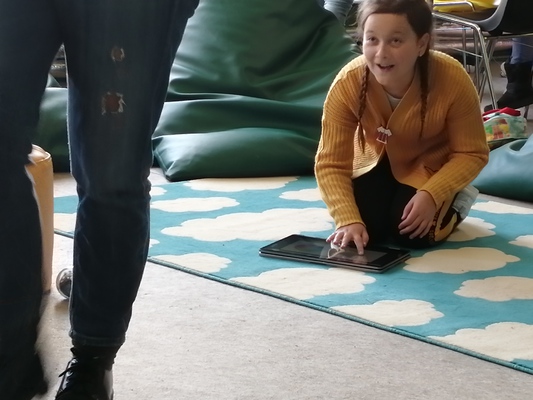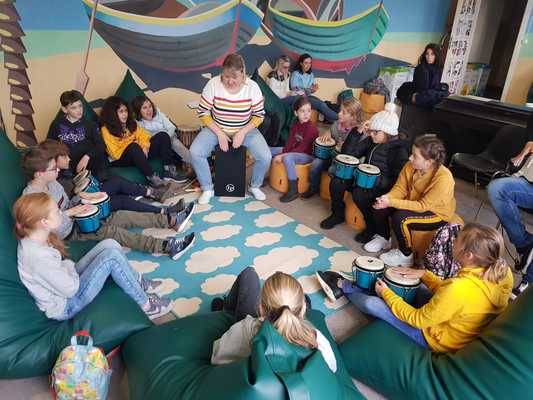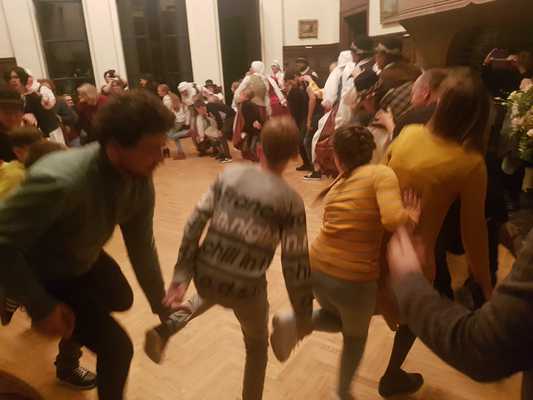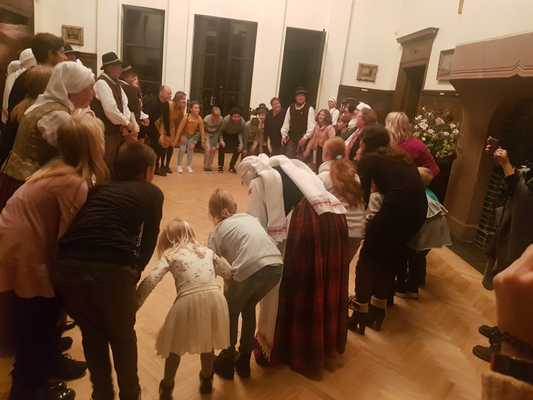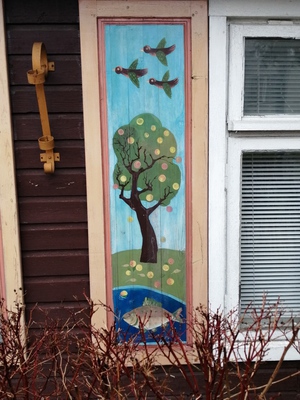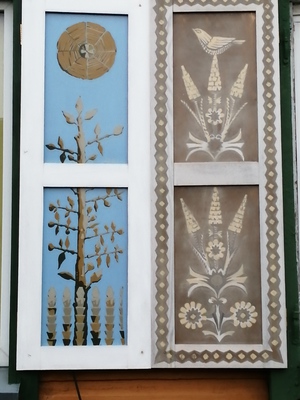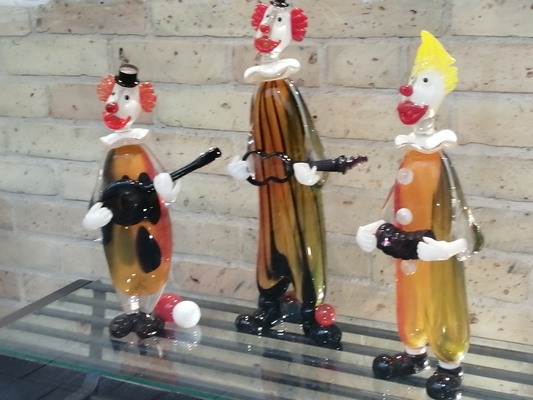Activities at the partner school, Pupils’ mobility. October 7-12, 2019
Schedule October 7-12, 2019
Sunday, the 6th
Meeting host parents in school.
Teachers are brought to the hotel
Monday, the 7th
8.00 pupils come to school, attend lesson together. Get along games
9.00 welcome performance
9.30 presenting “Homework 1. Class communication chain”
11.30 break. Games outside
12.00 lunch
13.00 Presenting “Homework 2. Communication Gadget Free Week”
15.00 Ąžuoliukas, Robotics centre. Games
17.00 Free time: pupils leave to the families; teacher have dinner out in the city
Tuesday, the 8th
8.15 Activity 1.
How Does It Function? Participants work in international groups. They research and make a poster on given tool of communication. The pictures of posters are taken and published. Outcome: A2 posters: paperback and digital
Break, 1x15 mins
9.30 Activity 2.
Social communication game: Nice Words – a Gift For Free. Every pupil picks a card with a training participant name (call him/her a Child). The pupil becomes a Secret Friend to the Child written in the note. Task – during the whole international training the Secret Friend assists the Child, looks for opportunities for positive communication towards the Child (a praise, a smile, assisting in the canteen, etc.). On the last training day, a Child should speak out a guess, who was his/her Secret Friend. Pupils learn to write a friendship card.
Parallel task:
Activity 3.
Creative workshop Postman Pigeon. Training participants make craft pigeons, write a message to their beloved, hang pigeons in the school hall. Outcome: virtual photo exhibition.
Break, 1x15min
Outcome: pictures virtual gallery.
Break, 1x15 mins
12.00 lunch
13.00 Continue on the Activity 2 and 3.
Breaks, 2x15 min.
16.00 Museum exhibition
17.00 Free time: pupils leave to the families; teacher have dinner out in the city
Wednesday, the 9th
8.15 Activity 4.
Communication Speed.Participants work in distant groups using gadgets, they measure speed of an sms, an email, an instant message (Viber, What’s App, etc), mark results, analyses. Outcome: data tables with conclusions.
Breaks, 2x15 mins
12.00 lunch
13.00 Activity 5. Signs Of Human Communication: European Society. Participants work in groups, research gestures, make a list, try in practice by showing and decoding gesture messages. Outcome: a video tutorial about understanding/using gestures. Break, 1x15 min
15.30 Activity 6. Snail Mail Speed. Each participant writes a postcard. The Postcards are sent to schools in different world countries with email feedback request. Outcome: replies register online in Dropbox.
17.00 Free time: pupils leave to the families; teacher have dinner out in the city
Thursday, the 10th
8.15 Activity 6. Silent Communication. Participants go outdoors, register signs in public areas and describe what message they communicate. The research results are coded and published. Outcome: QR codes with signs and the messages.
Break, 1x15min
12.00 lunch
13.00 visit to a farmstead, observing animals and birds communication.
17.30 musical and dance evening. Parents, pupils, teachers
Friday, the 11th
8.00 leaving for a day trip to Vilnius
13.00 lunch
19.00 returning to families
Saturday, the 12th
Travel day
The activities were carried out precisely to the program proposed by the Lithuanian team. Teachers and students from the partner schools of the project carried out the activities respecting the recommendations of the coordinator, the only one who monitored these activities. The dissatisfaction of the Romanian team is that the organized learning activities took place predominantly at a cultural centre in Rokiskis, far from the pupils' classes in the partner school. Only 4-5 Lithuanian students participated in the activities throughout the project, the rest of the students were participants from the partner schools, were from the Netherlands, Italy, Germany, Greece and Romania. Our students wanted more interaction with Lithuanian students, especially since we were in their country and in their school more precisely. We really felt far from the student groups. We would have liked to learn through direct contact with the pupil classes and the teachers in the school. The only teachers we interacted with were the coordinator and three other teachers.
In this mobility we did not feel that we were in their country, in Lithuania.
Pictures from activities
